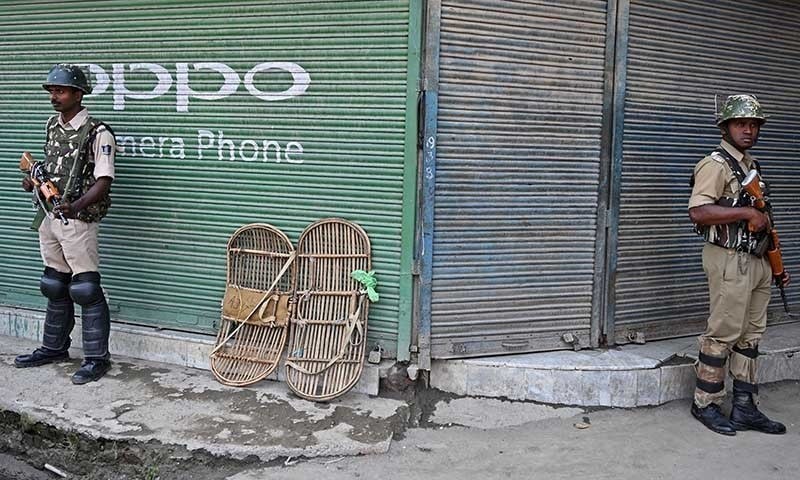ONE of the solitary attributes of a nation's float towards totalitarianism is an expanding reduction of natives' entrance to wellsprings of data and correspondence. At the point when the progression of differing conclusions and thoughts is limited, state promulgation is permitted free rein.
The discoveries in a report by a backing gathering dealing with a free and open internet, and a worldwide alliance that tracks internet shutdowns over the world, gain increased significance with regards to later local advancements.
As indicated by the report, India was in charge of 134 out of 196 internet shutdowns over the world in 2018 — an astounding 67pc of the aggregate. The nation heads the rundown of intentional shutdowns since 2015: that, altogether enough, is just a single year after Narendra Modi, no victor of popularity based standards, first wound up PM.
Consider the recurrence of shutdowns and the indications of an unwinding popular government become considerably more clear.
In 2018, according to the report, there were twice the same number of internet shutdowns in India as in 2017 and about multiple times that in 2016. The strategy was utilized all the more regularly in India-held Kashmir and the conditions of Rajasthan, Uttar Pradesh, and Maharashtra than in 22 different states consolidated; IHK is presently persevering through its 53rd shutdown. (An ongoing Stanford University concentrate found that 47pc of shutdowns that happened a year ago focused on IHK.) Asia and Africa represent the most shutdowns around the world; Pakistan is a far off second after India with 12 such occasions.
The way that legislatures, even apparently majority rule ones that uphold the privilege to the right to speak freely and data, recognize the shutdowns under 40pc of the time represents an intrinsic and developing propensity towards dictatorship.
At the point when states do try to legitimize such activities, the most widely recognized guises as indicated by the report are "open wellbeing, 'counterfeit news' or detest discourse and related brutality, national security, and school tests". As a rule, notwithstanding, these expressed defenses — the majority of them apparently for the open's own 'great' — are a fig leaf to stifle inclusion of dissents and counteract human rights maltreatment from becoming known.
Tyrannical governments without a doubt have a lot to fear from the internet — all things considered, Twitter and Facebook help drive the discontent in the Middle East into what turned into the Arab Spring. In IHK, past internet shutdowns just as the proceeding with interchanges power outage that includes internet, portable and telephone utilities jive flawlessly with an administration resolved to smash the Kashmiris' opportunity battle through beast power.











0 Comments